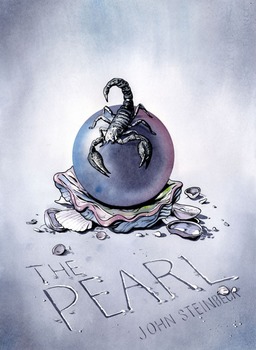At the beginning of the period, we created a class list of topics that could be potential subjects for letters to authority. That list is found on Google Classroom for both periods.
After performing some headline research and taking notes, you were asked to narrow down your potential topic list to three topics, and to respond on by copying this document into your Notebook and adding it to your table of contents.
You should consider:
Guiding Questions to Consider: What do you know and not know?
- Why does this issue matter to you?
- Why does this topic matter to a larger population?
- How does your personal experience connect to the topic?
- Who else is affected by this issue?
- What are the causes/effects of this issue?
- What can be done as a response to this issue?
- What are the different perspectives of this issue?
- What can a President or someone in a position of power do about this issue?
Periods 3 and 4:
We started the period by reviewing the information for your Fahrenheit 451 final. Review this information and start working on preparing.
Part 1 is the multiple-choice (tomorrow)
Parts 2 and 3 will be Thursday.
Part 4 is an in-class writing task on Thursday.
Finish reading the book by tomorrow. There are NO notebook prompts to complete for yesterday or today. Ignore posts on Google Classroom.
Period 6:
Part III, The Pearl Final
Today, complete the passage analysis for The Pearl.





